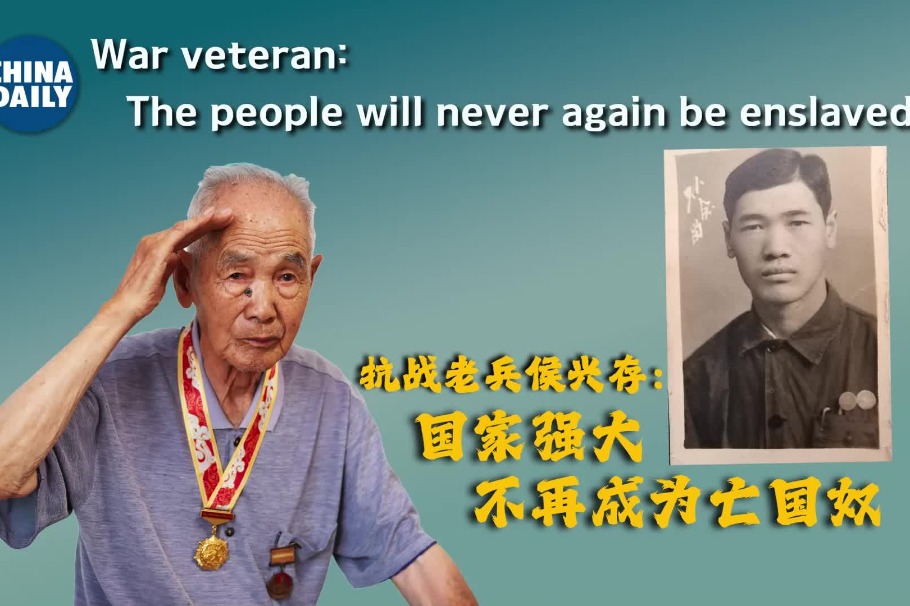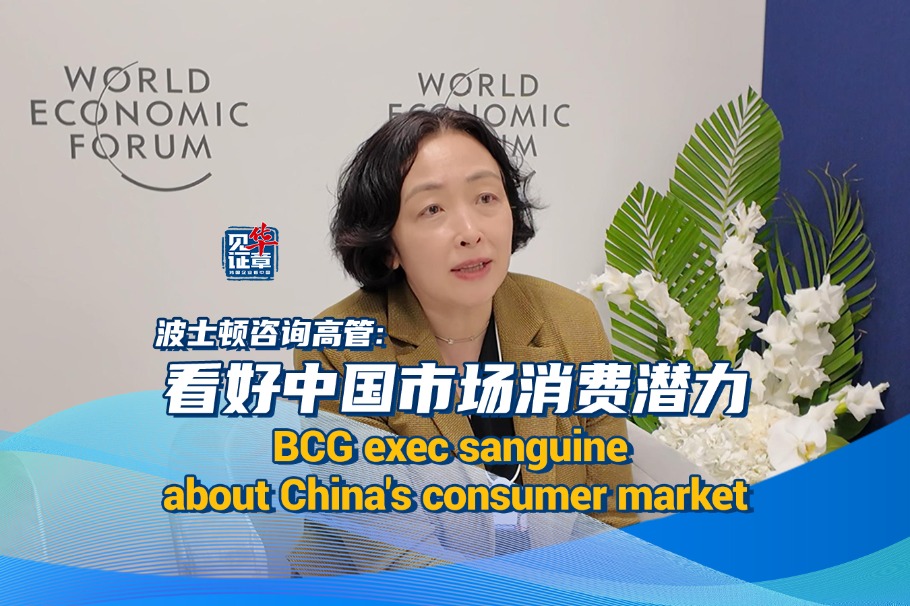China and the EU seek to build foundation on which to further deepen their relations: China Daily editorial

Although China and the European Union have some differences on certain issues, such as the Ukraine crisis and trade, the friendly and pragmatic exchanges between EU senior officials and visiting Chinese Foreign Minister Wang Yi on Wednesday clearly indicate both sides are still dedicated to resolving their differences and deepening their cooperation through dialogue and negotiation.
The differences between China and the EU have never hindered their relationship from developing into one of the most influential ties in the world since diplomatic relations were founded 50 years ago, which has not only brought tangible benefits to both peoples, but also contributed to the common good of the world. So their differences should not be a cause for estrangement today.
It is their broad common interests, great cooperation potential and shared stance on multilateralism and a rules-based world order with the United Nations at its center that have provided the foundation on which they have always been able to stabilize their relations. There is no reason why that should not be the case today.
So it is good to hear European Council President Antonio Costa told Wang on Wednesday that the EU is willing to work with China to uphold mutual respect, transcend differences, promote understanding, and jointly address global challenges. A message also sent by European Commission President Ursula von der Leyen in a separate meeting the same day highlighted the EU's commitment to developing constructive ties with China, and mutually beneficial economic and trade cooperation.
That both Costa and Von der Leyen said they look forward to in-depth discussions with Chinese leaders on issues of mutual concern in the near future demonstrates the EU leadership's pragmatism in handling China relations, which is conducive to the two sides properly handling their differences and fulfilling their common responsibility to jointly tackle global challenges by strengthening collaboration and coordination.
Suffering from the rise of unilateralism and the current geopolitical tensions, the EU is in a better position than before to gain an objective view of China's sincerity in seeking to deepen Sino-EU ties.
To address global challenges, the EU needs a reliable partner that also has global vision and always bears the big picture in mind, not a fickle ally that always puts its own interests above all. By working with each other in good faith, China and the EU can send a strong and positive signal to the world that peace and development remain the trend of the times, and cooperation, communication and mutual respect remain the bedrock of international relations.
China regards the EU as an important pole in a multipolar world, and China has always supported European integration and is glad to see the EU striving to enhance its strategic autonomy and play a greater role in the international arena. As Wang said, the more serious and complex the international situation becomes, the more China and the EU need to strengthen their solidarity and coordination, and act as stabilizing forces in a turbulent world. In the process, the two sides should earnestly respect each other's core interests, and enhance their mutual understanding and mutual trust.
The pro-stability, pro-cooperation and pro-communication consensus China and the EU clearly expressed during the meetings as well as a similar consensus of China and Belgium reached during Wang's visit to the country, one day before his visit to EU Headquarters, have obviously set a positive tone for his ongoing visit to Germany and France.
The eighth round of the China-Germany Strategic Dialogue on Diplomacy and Security is the first event of its kind China has held with the Friedrich Merz government.
Under the strategic guidance of the leaders of both countries and the joint efforts of their peoples, Sino-German ties have generally maintained a positive development momentum. This has not only brought significant benefits to both peoples but has also served as a stabilizing factor in China-Europe relations and the broader international landscape.?
There are differences between China and Germany, but differences should not become obstacles to cooperation or reasons for confrontation. The positive outcomes and valuable experiences of China-Germany relations to date should be cherished and carried forward by both sides.
This year marks the 11th anniversary of the China-Germany comprehensive strategic partnership. It is necessary for the two sides to review the past and actively explore the future. They should stand together as staunch advocates of pragmatic cooperation, champions of openness and?development, and role models for multilateralism.


































